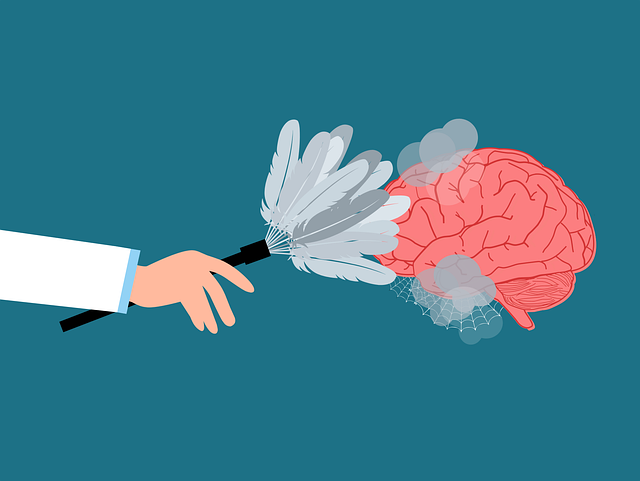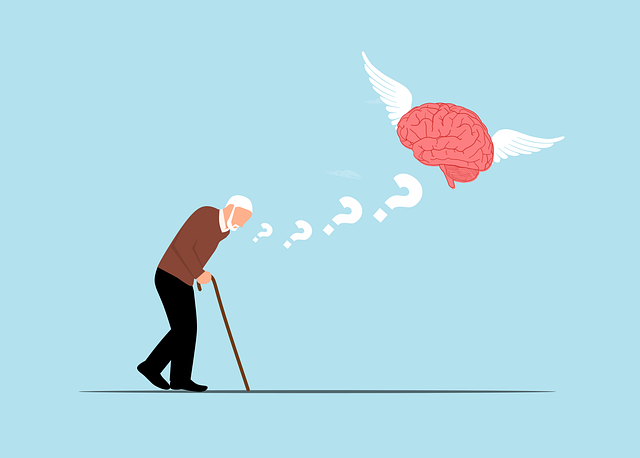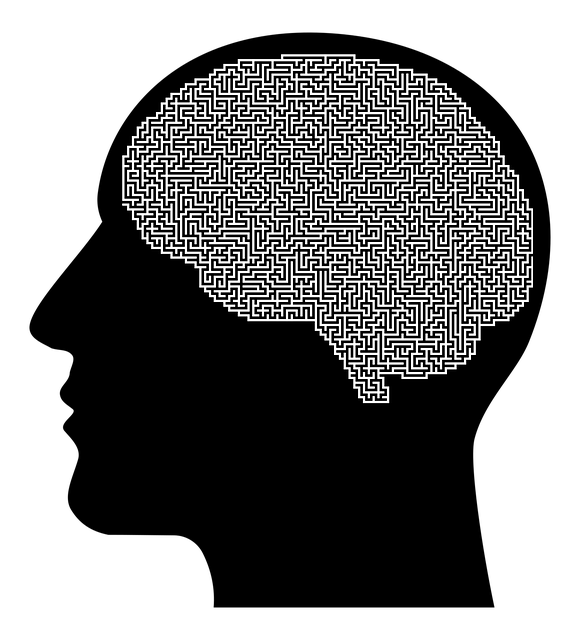In diverse Denver communities, cultural sensitivity is vital for effective mental healthcare, particularly through EMDR therapy. Therapists must understand clients' unique cultural contexts, values, and beliefs to align treatment with personal narratives. This approach fosters trust, open communication, and improved outcomes. By integrating Cultural Competency Training, self-care, storytelling therapies, and public awareness, Denver EMDR therapists can deliver tailored, compassionate care while preventing burnout. Building safe, culturally resonant spaces validates clients' experiences, guiding successful recovery journeys for anxiety and stress relief.
Cultural sensitivity is an essential aspect of mental healthcare, especially in diverse societies like ours. Understanding cultural diversity in mental healthcare involves recognizing that individuals from different backgrounds may have unique perspectives on health, illness, and healing. This article explores strategies for culturally competent practice, focusing on the benefits of Denver EMDR Therapy—a therapeutic approach that incorporates cultural sensitivity to enhance treatment outcomes. By examining these aspects, we aim to highlight how tailored care can build trust and develop effective treatment plans.
- Understanding Cultural Diversity in Mental Healthcare
- The Impact of Cultural Sensitivity on Denver EMDR Therapy
- Strategies for Culturally Competent Practice
- Building Trust and Effective Treatment Plans
Understanding Cultural Diversity in Mental Healthcare

In today’s diverse society, mental healthcare practices must embrace cultural sensitivity to effectively serve a wide range of clients. Understanding cultural diversity goes beyond recognizing racial and ethnic differences; it involves appreciating the unique values, beliefs, and expressions that shape individuals’ experiences of mental health and well-being. For instance, in Denver EMDR Therapy sessions, therapists need to be attuned to clients’ cultural contexts, ensuring that therapeutic approaches align with their personal and communal narratives. This nuanced understanding fosters a safe and supportive environment, encouraging open communication and enhanced treatment outcomes.
Mental health professionals play a pivotal role in promoting equity by integrating cultural sensitivity into various aspects of care, including assessment, diagnosis, and treatment planning. Through well-designed Mental Health Education Programs, healthcare providers can acquire the knowledge and skills needed to navigate cultural complexities effectively. Additionally, burnout prevention strategies tailored to this specialized field are essential, as they contribute to the long-term resilience and sustainability of practitioners who support diverse communities in their healing journeys.
The Impact of Cultural Sensitivity on Denver EMDR Therapy

Cultural sensitivity is a cornerstone of effective Denver EMDR Therapy, ensuring that treatment approaches are tailored to an individual’s cultural background and experiences. In many cases, mental health issues are expressed and experienced differently across cultures, reflecting unique societal norms, beliefs, and values. A culturally sensitive approach allows healthcare providers in Denver to offer Crisis Intervention Guidance that resonates with clients from diverse backgrounds, fostering a deeper level of trust and engagement.
By integrating Healthcare Provider Cultural Competency Training into their practices, Denver EMDR therapists enhance their ability to deliver compassionate care. This training equips them with the skills to navigate complex cultural nuances, recognize potential barriers to treatment, and adapt their techniques accordingly. Moreover, addressing burnout prevention strategies for healthcare providers is integral to maintaining a culturally sensitive practice. This ensures that therapists can sustain their commitment to providing quality care over time, reflecting not only professionalism but also deep respect for the diverse communities they serve.
Strategies for Culturally Competent Practice

In the realm of mental healthcare, cultural sensitivity is a game-changer, especially in diverse cities like Denver where EMDR therapy has gained prominence. Building culturally competent practices involves a deep understanding and appreciation for different cultural beliefs and values. Therapists can begin by engaging in self-awareness exercises to recognize their own biases and assumptions. This introspection allows professionals to create safe spaces that resonate with clients from various backgrounds, fostering trust and openness.
Additionally, integrating self-care practices into therapeutic frameworks is essential. Encouraging clients to share their cultural perspectives through storytelling or art therapy can provide valuable insights. Public awareness campaigns development centered around mental health can also help dispel stereotypes and promote inclusivity. These strategies not only enhance the effectiveness of treatment but also ensure that Denver EMDR Therapy services are accessible and respectful of every individual’s unique cultural journey.
Building Trust and Effective Treatment Plans

Building trust is a cornerstone of effective mental healthcare, and this becomes even more crucial when working with culturally diverse communities in Denver EMDR Therapy sessions. Mental health professionals must be attuned to the unique experiences and perspectives of their clients, understanding that personal and cultural backgrounds significantly impact mental well-being. By recognizing and respecting these differences, therapists create a safe space where individuals feel heard, validated, and empowered. This, in turn, fosters open communication, enabling clients to share their stories and engage in treatment openly.
Effective treatment plans tailored to individual needs are essential for positive outcomes. In the context of Denver EMDR Therapy, cultural sensitivity guides therapists in adapting evidence-based practices to address specific challenges. For instance, a comprehensive risk assessment for mental health professionals should incorporate cultural factors that might influence a client’s vulnerability or resilience. By integrating these considerations, therapists can design interventions for anxiety relief and stress management that resonate with clients’ lived experiences, enhancing the potential for successful recovery journeys.
Cultural sensitivity is an essential aspect of modern mental healthcare, and integrating strategies like Denver EMDR therapy can significantly enhance therapeutic outcomes. By understanding cultural diversity and employing culturally competent practices, therapists can build trust with clients from various backgrounds, ensuring effective treatment plans tailored to their unique needs. This approach not only respects individual identities but also fosters a more inclusive and accessible mental healthcare system.














